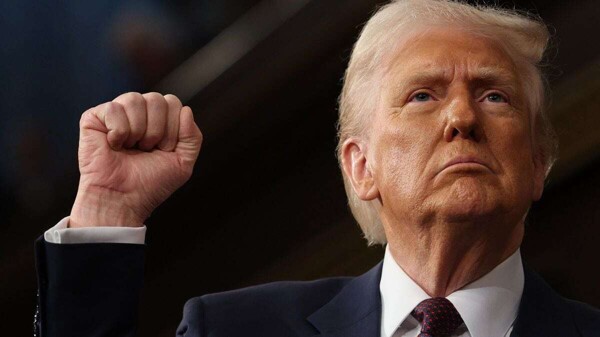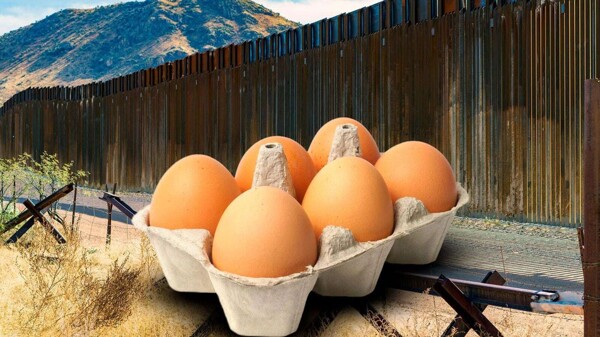
The fear that Donald Trump will impose tariffs on Mexico is reflected in the value of the peso against the dollar and at the Mexico-United States border. While it is still uncertain if the President of the United States will fulfill his threat of a 25 percent tariff on Mexico and Canada, operations at the border crossings between Tamaulipas, Nuevo León, and Texas report an increase and kilometer-long lines of trucks. It is estimated that about 15,000 vehicles cross daily through these border points, and this number is expected to possibly double during the first weekend of February.
Foreign trade specialists at Texas A&M International University (TAMIU) believe that the imposition of tariffs on Mexico and Canada will affect the United States more. Marcelo Ebrard, who is 'cooking' Mexico's response to the possible tariffs, agrees with TAMIU specialists, pointing out that Trump’s tariffs will affect the United States more. According to the Secretary of Economy of Mexico, 'if this tariff were to be imposed, it must be considered that Mexico is the main exporter of final products to the United States.'
Ebrard emphasized that among the products that Mexico exports most to the United States are automobiles, computers, refrigerators, and screens. In this way, Ebrard presented a study done by the Government of Mexico indicating that a 25 percent tariff on vehicles manufactured in the country would directly affect 12 million American families and represent a 'hit' of 10.427 billion dollars for the economy of that country. 'General Motors is the main exporter of cars from Mexico to the United States,' he noted.
The mayor of Laredo, Victor Treviño, indicated that Trump's tariff threat and its likely imposition will impact 'the trade flow enormously.' He hopes that it is merely a 'negotiation tactic of the president,' or otherwise, 'those tariffs will ultimately be paid by American citizens.'














